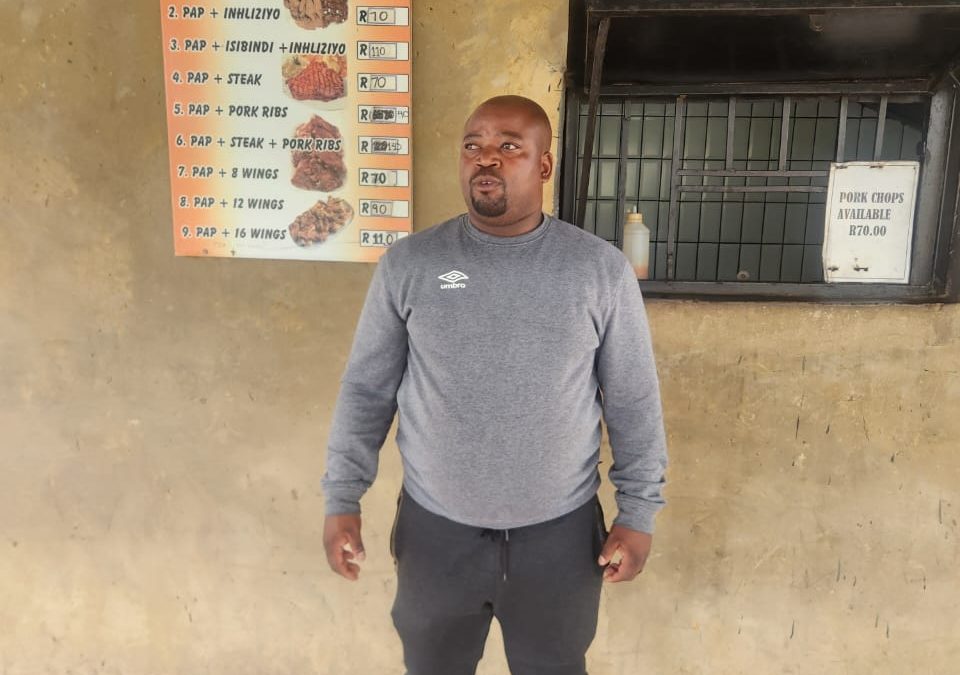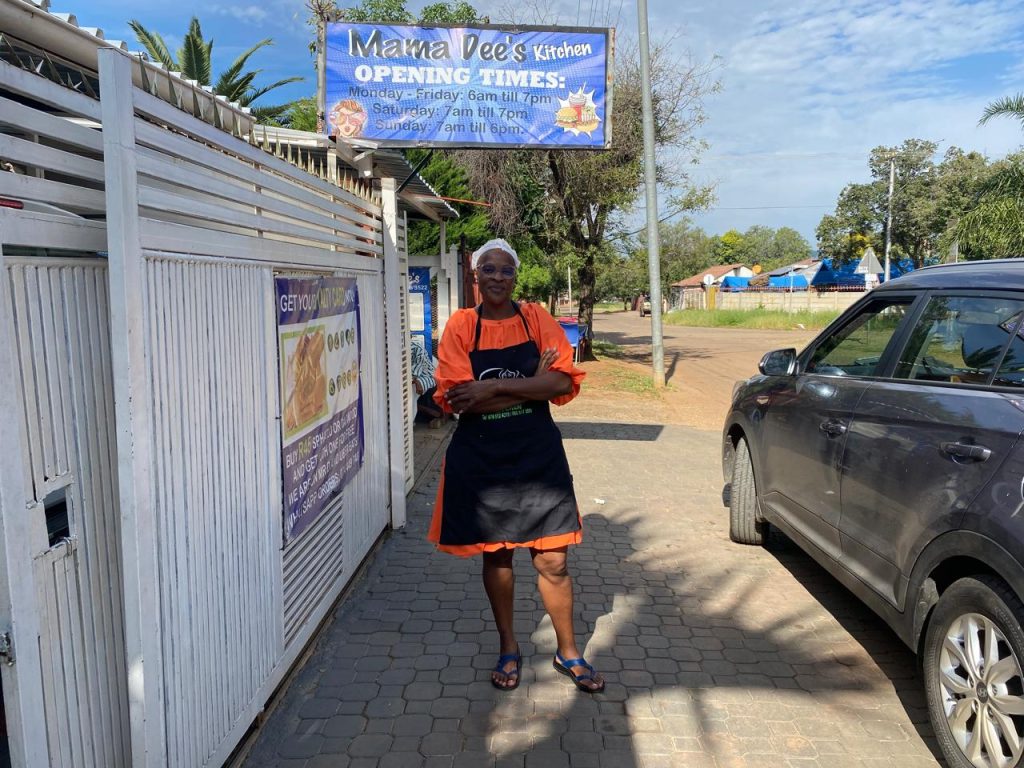Uber Eats is celebrating the growth of its Historically Disadvantaged People (HDP) badge, a feature launched in 2024 to help South Africans discover and support local restaurants that reflect the flavour, history, and hustle of Mzansi.
With 73 HDP-verified restaurants now live on the platform, Uber Eats is making it easier than ever for people to connect with meals that feel like home — and support the entrepreneurs who bring them to life. From Soweto to Nelspruit, these restaurants are more than places to eat — they are symbols of resilience, talent, and cultural heritage. The HDP badge helps customers find and support these businesses with a simple search, bridging technology with homegrown pride and traditional tastes.
This is part of Uber Eats’ broader commitment to being more than a food delivery app. The platform is actively creating opportunities for all, including historically disadvantaged business owners who are using digital tools to grow their businesses, reach new customers, and shape the future of South African food culture.
Currently, there are 43 HDP restaurants in Johannesburg and Pretoria, 21 in Cape Town, 8 in Durban, and 1 in Nelspruit — each one bringing something special to the table. Whether it’s the familiarity of street food or a fresh take on traditional favourites, every dish tells a story — of struggle, triumph, and flavour passed down through generations.
Among the many inspiring stories on the platform is that of Dimakatso Hlongwane, founder of Mama Dee Fast Food in Danville, Pretoria. What began with R500 and a single batch of amagwinya has grown into a thriving eatery with a devoted customer base. For Dimakatso, food is personal. “My customers love and prefer amagwinya made by me,” she says. “They can somehow tell if I didn’t make them.”
Over time, Dimakatso expanded her menu based on feedback from her community, adding township favourites like sphatlo (kota) and growing her business one dish at a time. “Uber Eats has made more people aware of my business,” she adds. “I always tell people, if you want your business to grow, register on Uber Eats.”
In Soweto, Siphiwe Nekhumbe turned frustration into opportunity. Tired of eating food he didn’t enjoy at work, he saved up to buy a container and launched Siphiwe’s Takeaways in July 2022. Starting with cow heart and liver, he soon grew his menu to include steak, wings, and ribs — all of which now travel across Johannesburg thanks to Uber Eats.
“My business revenue comes mostly from Uber Eats,” says Siphiwe. “People from as far as Roodepoort, Alexandra, and even Midrand order my food. It’s given me exposure and support I never thought I’d have.”
Anyone looking to support local businesses can simply search “HDP” in the Uber Eats app to find nearby restaurants marked with the HDP badge. Whether it’s a neighbourhood favourite or a new hidden gem, the badge makes it easier to back small businesses and discover meals with meaning.
“Uber Eats is deeply rooted in South Africa — not just as a business, but as a community partner,” says Cassie Jaganyi, Head of Communications at Uber South Africa. “We’ll keep working with our merchants to build an inclusive, thriving digital economy that opens doors and puts more local stories on the map.”



